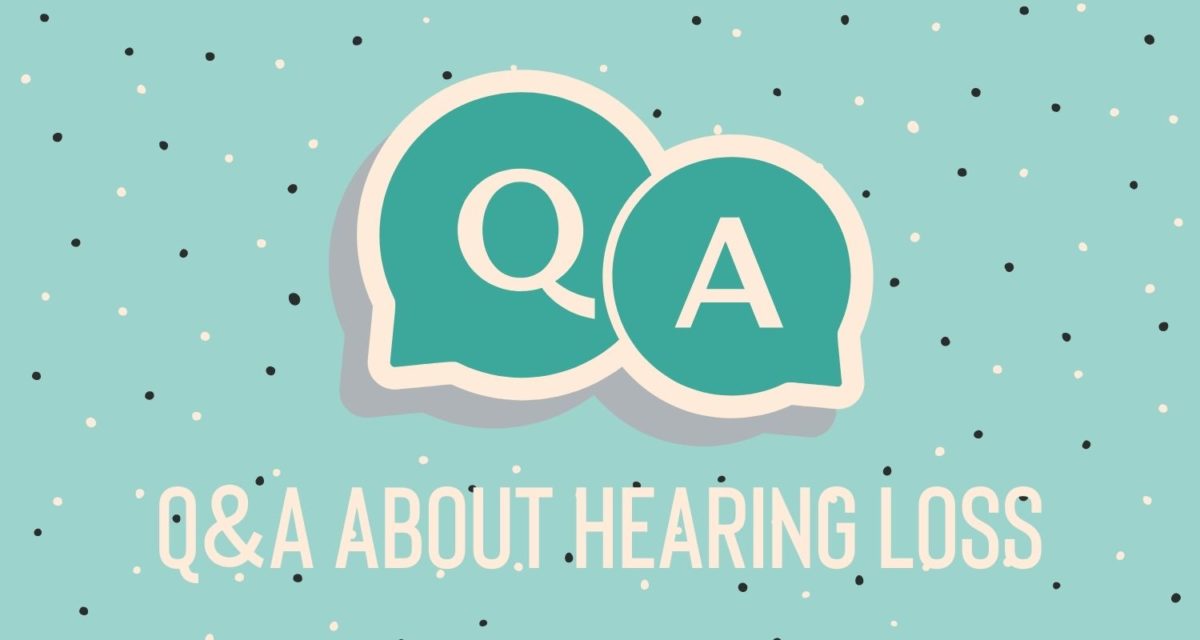- How The Sounds of Nature Can Benefit Hearing Health - April 15, 2024
- Exploring The Different Types of Hearing Loss - April 5, 2024
- The Impact of Hearing Loss on Academic Achievement - March 27, 2024
Hearing loss is more common and the side effect farther reaching than we’d first suspect. It affects not just our ability to hear but to connect to others, our mental health our cognitive functioning, and more. If you suspect that you or a loved one has hearing loss, you most likely have questions. Here are some of the most frequently asked questions and answers to help you get the help you need.
What are the symptoms?
Hearing loss typically starts slowly and becomes worse over time. At first, it may be the loss of subtle sounds, so you don’t even know you are missing them. However, the sooner you detect hearing loss, the better. Even a slight degree of hearing loss has been reported to increase the risk of cognitive decline. If you find that you have to ask people to repeat themselves more and more frequently, some people’s speech sounds muffled to you, you have to turn the TV up louder than others in your home or you struggle to hear conversations in noisy settings, then it is a good idea to schedule a hearing exam.
Is this condition common?
The World Health Organization (WHO) reports that “over 5% of the world’s population – or 430 million people – require rehabilitation to address their ‘disabling’ hearing loss (432 million adults and 34 million children). It is estimated that by 2050 over 700 million people – or one in every ten people – will have disabling hearing loss.”
What caused my hearing loss?
Several different factors cause hearing loss. To start there are two different natures of hearing loss which sometimes can present themselves together or separate. Conductive hearing loss is caused when a blockage occurs in the ear canal, making it difficult for sound to travel to the inner ear where sound is transmitted to the brain. This could be caused by a swollen ear infection, a foreign object lodged in the ear, abnormal growth on bone, a tumor, or a buildup of ear wax. In most cases, clearing the obstruction can clear up the issue.
Sensorineural hearing loss is caused when damage occurs in the inner ear affecting the ear’s ability to send sound to the brain. This can be caused by exceeding safe listening limits, by impact to the head, certain medications, exposure to certain chemicals, or chronic ear infections. Unlike conductive hearing loss, this type of hearing loss is irreversible.
How is hearing loss diagnosed?
When you schedule a hearing exam we will first start with an interview in which we try to understand your listening history. This includes your family history of hearing loss as well as other conditions which are often connected to hearing loss such as cardiovascular disease, diabetes, hypertension, and osteoporosis. We will also ask you about your lifestyle to understand the sources of your hearing damage and what treatment might be the most effective for you. Once the interview is over, we will conduct a physical examination of the ear canal where we determine the health of the inner ear and check for possible blockages.
The next stage is the hearing test, in which you sit in a soundproof room with headphones. Different tones are played in each ear to determine the highest and lowest tones a frequency you can detect in each ear.
Will my hearing get worse?
Hearing loss can progress over time, so it is important to treat it as soon as possible.
What treatments are available?
Depending on the nature of your hearing loss, several treatments exist. The most common treatment for sensorineural hearing loss is hearing aids. These tiny electronic devices based on your hearing exam can amplify just the tones, pitches, and frequencies that you struggle to hear. Hearing aids can make it easier to connect to the people you love and be more alert in your environment, keeping you more active, social, and connected for years to come.

